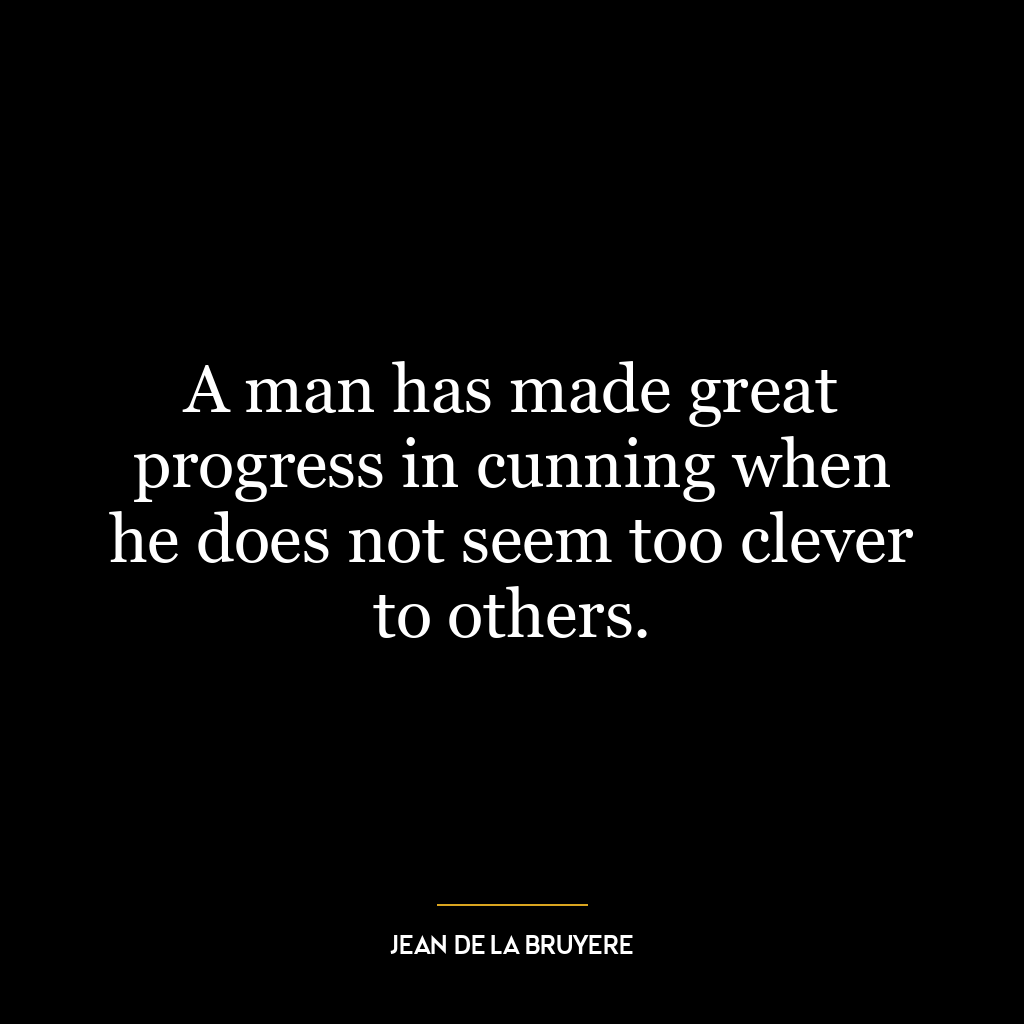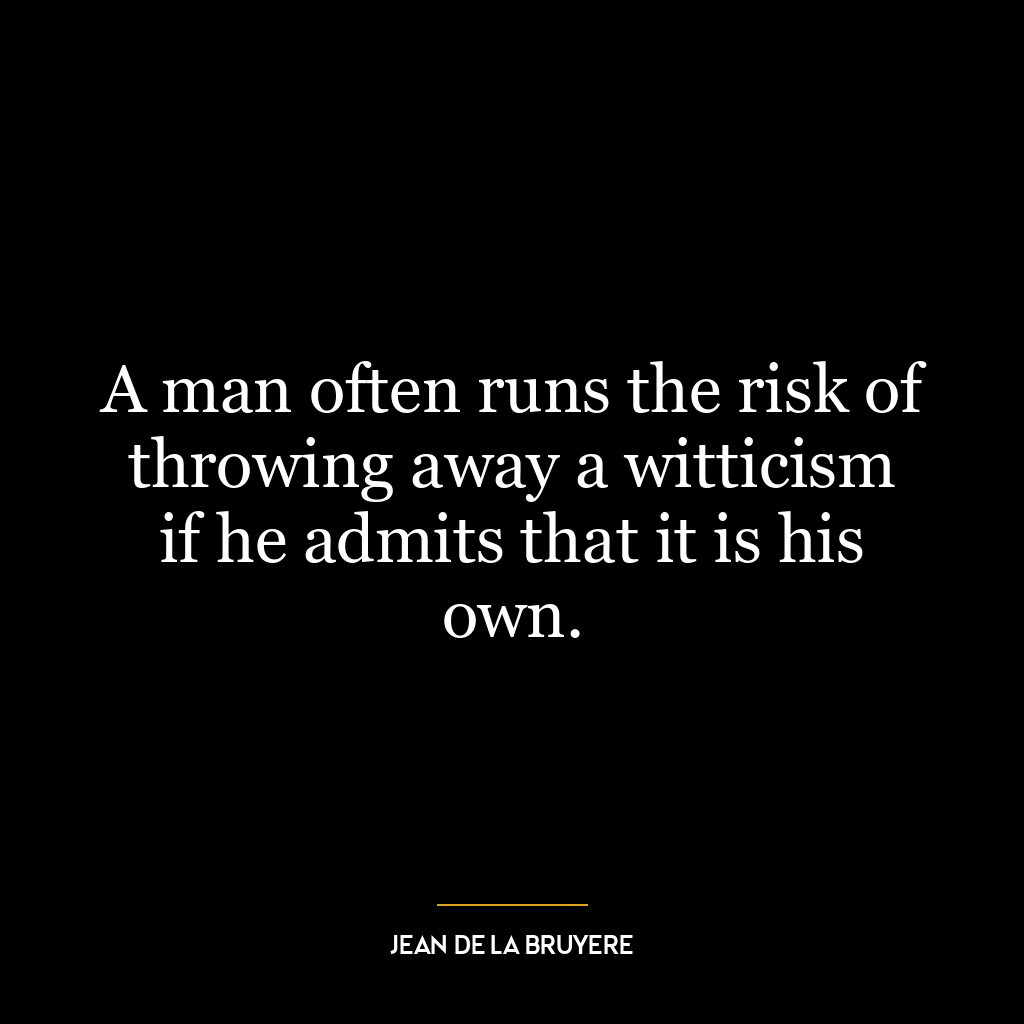I am not given to finding fault, for there are innumerable fools.
This quote by Plato suggests that he chooses not to be overly critical or find fault in others because he believes there are countless fools in the world. The term “fools” here can be understood as people who are ignorant, unwise, or lack understanding. According to Plato, if one were to constantly find fault with such people, it would be an endless and possibly fruitless task. Instead, he seems to advocate for understanding, tolerance, and perhaps even education as a better approach to dealing with ignorance or folly.
In terms of depth, this quote may also reflect Plato’s philosophical beliefs about the nature of knowledge and ignorance. Plato often emphasized the importance of knowledge and wisdom, and saw ignorance as the root of all problems. Therefore, rather than blaming or criticizing people for their ignorance (i.e., finding fault), Plato might suggest it’s more productive to help them gain knowledge and wisdom.
Applying this idea in today’s world, we can consider how easy it is to criticize others, especially in an age of social media where everyone’s actions and opinions are on display. However, constantly finding fault with others can lead to negativity, conflict, and division. Instead, we might strive to understand where others are coming from, educate them if possible, and focus on finding solutions rather than placing blame.
In terms of personal development, this quote can serve as a reminder not to waste time and energy on criticizing others or dwelling on their faults. Instead, we can focus on improving ourselves, increasing our own knowledge and wisdom, and fostering positive relationships. This doesn’t mean we should ignore harmful actions or behaviors, but rather that our primary focus should be on growth and improvement rather than criticism and blame.










